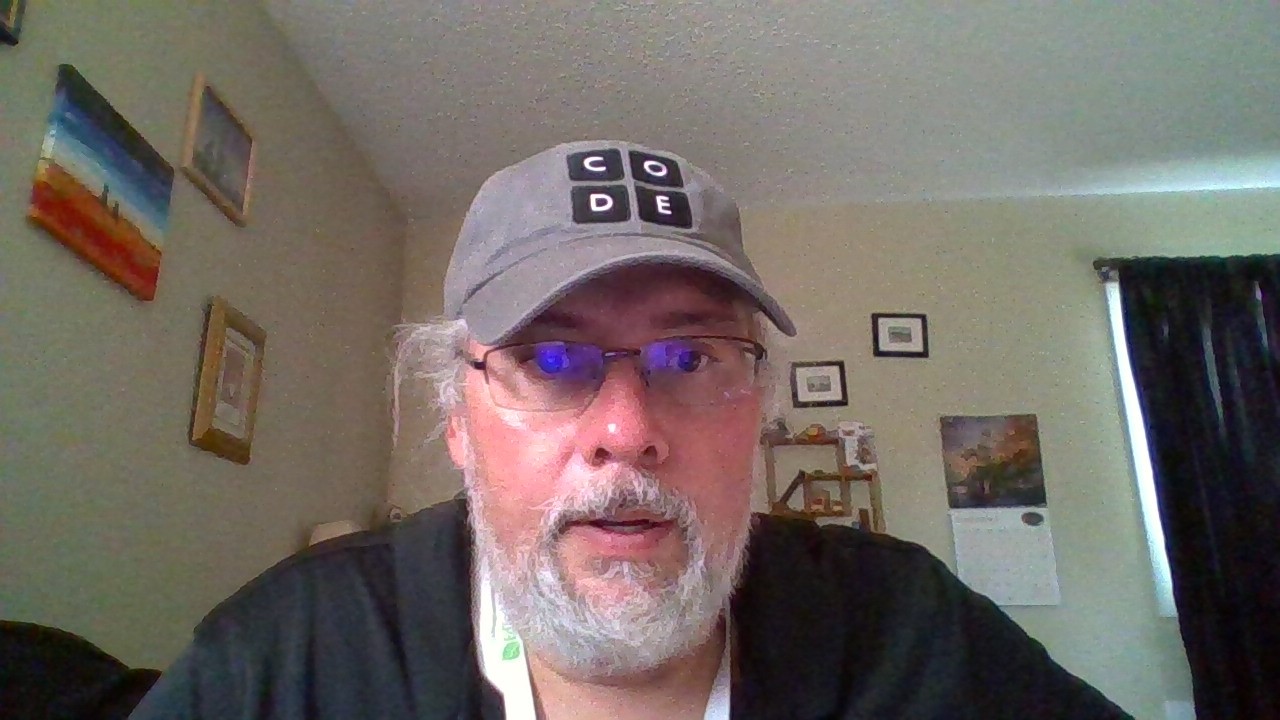
Having equity in CS can only come about when there is one voice. It is essential for the success of our students, which then leads to success for us as a nation, and then for success as a world.
Full Story
Henry Ford once said, “If you always do what you’ve always done, you’ll always get what you’ve always got.” This statement was true then, and it is still true today. Having equity in CS can only come about when there is one voice. It is essential for the success of our students, which then leads to success for us as a nation, and then for success as a world.
We need to start looking at all students as capable, able, and equal. We need to make sure that all genders and races are encouraged to get involved with CS. We need to change the perception that the only students that will be successful in CS are white males. The latest statistics show that 78.3% of those coming out of institutes of higher education with a degree in CS are white males. White females are less than 10% of the graduates. When you look at Native American statistics, the males are less than 1% and Native American females are so under-represented that they do not have a color on the graph.
These statistics show that we have a great number of students across the board that are not being heard or serviced in their education. All students, when given the opportunity, can flourish. This means we, as a group, can no longer “do as we have always done”. As a group, we need to demand that all students have the opportunity to access high-level CS classes. This means that each student is given the same access, this means that underserved students need to have the same opportunity as the highly served population.
One area that I personally feel strongly about is education on the Reservations. I am Native American, and I have four daughters and two sons. I want each one of them to be given the same opportunities that their non-Native peers have. The perception that “You have to leave the rez for opportunity” has to be changed. Indigenous people deserve to have the same access to CS in their elementary and secondary schools as others. As a group, we need to stand strong and united in ensuring that there are no longer the “haves” and the “have nots”. All students deserve to all be treated as “haves”.
Since leaving the private sector, my focus has been on bringing CS class out to the local Reservation. A school that started with Intro to Java and Code.org Discoveries as their sole CS classes now offers: AP-CSA, AP-CSP, Intro to Java, Code.org Discoveries, Cyber 1, 2, 3 (which will lead to students have certification in cybersecurity by the time they leave school), Graphic Design, and Web Development – with more classes are in the works. These students will be better prepared to enter the job market in CS than many students currently in college. This is something that is possible in all areas – it takes dedicated educators and communities to support and encourage all students to pursue their passion.
We must insist that we will no longer accept the status quo, we must insist that all students, and all people, no matter their race or gender are able to be successful in the CS field of study. No longer is the “good ol’ boys club” determining who can have the opportunity and who can not. When we, as a society, stand together to shore up the underserved, then we as a society all progress.
About the Author
 James Winn is a library/media specialist at Wyoming Indian High School in Ethete, Wyoming. After a first life of IT work (30+ years), he needed a change. His second life began in a Code.org Fundamentals training where he learned that less than 1% of college grads come from the Native American population. This is an untapped resource for America. With this passion for representing his Native heritage, James earned his teaching certificate. Being able to share, inspire, and educate students about the opportunities in CS is now a lifelong pursuit. Through CS, all students everywhere and from every background have the ability to compete on a world stage and come to understand how important they are.
James Winn is a library/media specialist at Wyoming Indian High School in Ethete, Wyoming. After a first life of IT work (30+ years), he needed a change. His second life began in a Code.org Fundamentals training where he learned that less than 1% of college grads come from the Native American population. This is an untapped resource for America. With this passion for representing his Native heritage, James earned his teaching certificate. Being able to share, inspire, and educate students about the opportunities in CS is now a lifelong pursuit. Through CS, all students everywhere and from every background have the ability to compete on a world stage and come to understand how important they are.



